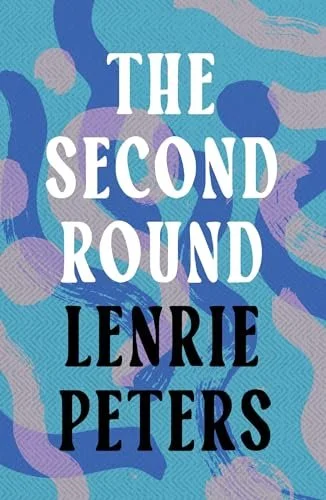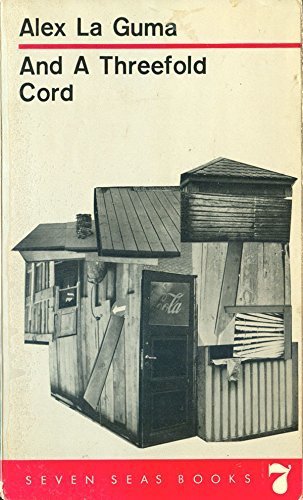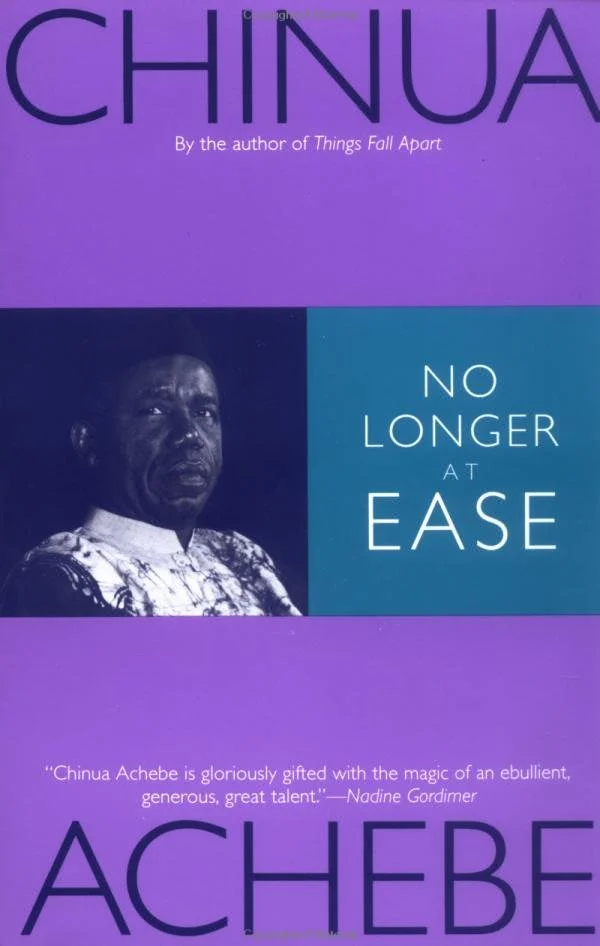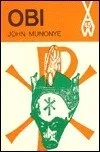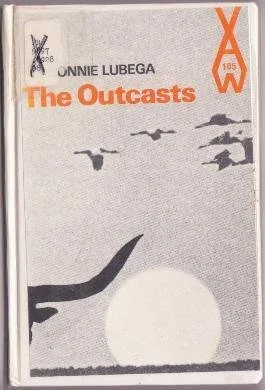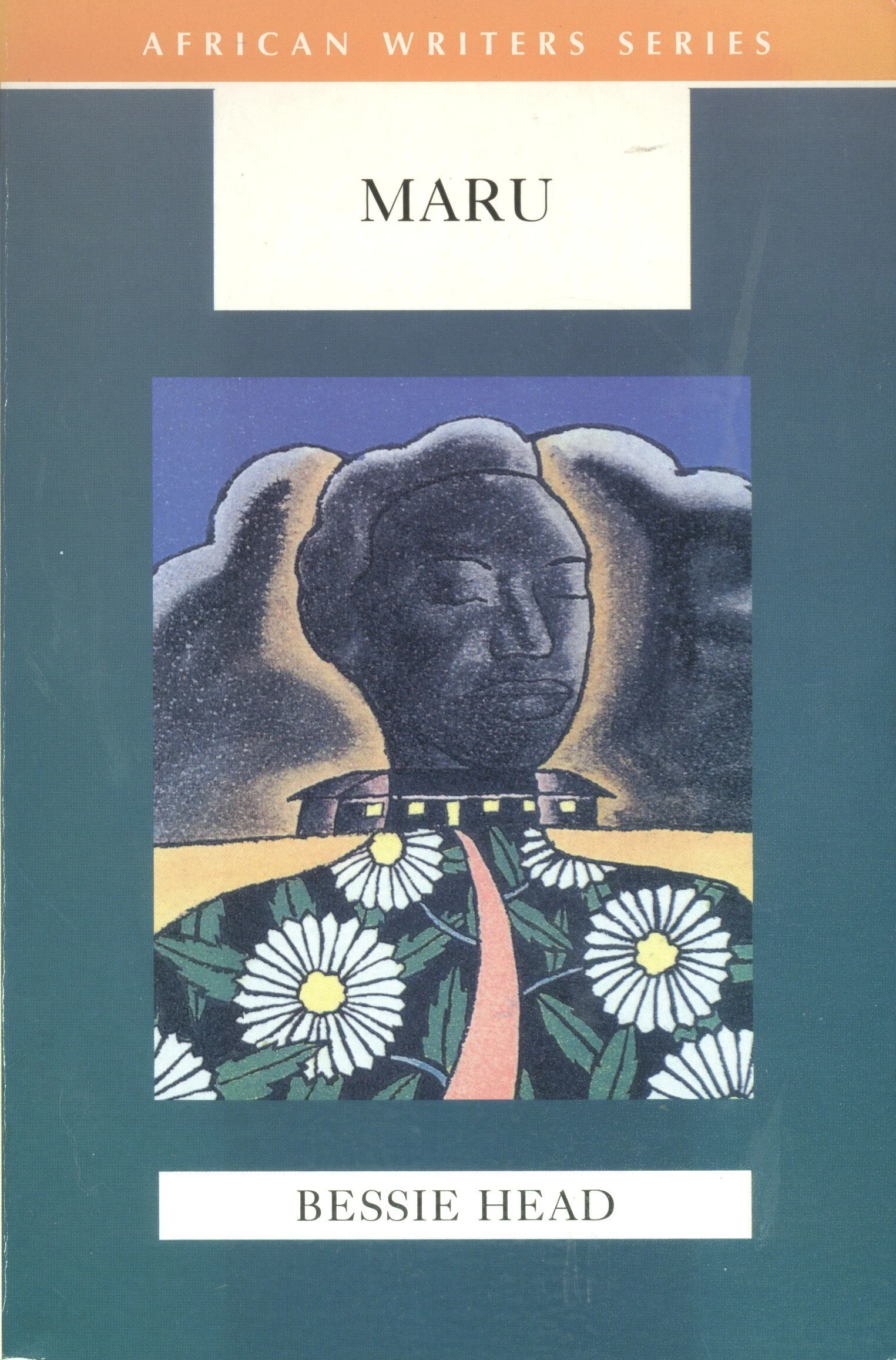Books I Read November 23rd, 20205
It rained this week, which meant I got to feel cozy inside my house, and also that everything has turned gloriously green. LA autumn is underrated.
The Wolfe at the Door by Gene Wolfe – On balance, this is probably not the strongest collection of Gene Wolfe's shorts—that would be the sublime and appropriately titled Best of Gene Wolfe – but there's still some strong stuff in here, and it's always a delight to read Wolfe's short fiction period. He probably works best in short fiction—some of his issues with characterization are removed, and it allows for his astonishingly original mind to flourish.
The Second Round by Lenrie Peters – An understandably popular sub-genre in mid 20th century African literature is 'talented youth returns from education in the West, struggles to re-acclimatize with the culture.' Lenrie Peters is one of about five authors this week who were returned ex-patriots, most of whom specialized in practical matters (medicine, education, engineering) with the intention of being a part of the post-colonial development of Africa and writing being a sideline. Some are more explicitly political but others, like this excellent entry, focus more on the sense of existential and emotional dislocation of re-entry, an inability to combine with the movements of then modern Africa and a heightened sense of the tragedy of the human condition as expressed by their particular milieu. Peters didn't write much else, which is too bad because this shows evidence of real artistic talent.
And a Threefold Cord by Alex la Guma – A week in a bitterly impoverished 'coloured' Capetown ghetto written by one of the forgotten heroes of the anti-apartheid movement. A 'kitchen-sink' book about the small struggles leading to larger tragedies of an average family. Well-observed and deftly drawn.
No Longer at Ease by Chinua Achebe – Turns out that I read this and completely forgot. That's an odd feeling. Anyway, the grandson of the protagonist of Things Fall Apart returns to Nigeria after being educated abroad to work as a civil servant, struggles with the pull between modernity and tradition, family and future, etc. Quick, sharp, strong.
One Man One Matchet by T.M. Aluko – The first African head officer of a district in rural Nigeria finds himself continually off-footed by the machinations of an unscrupulous demagogue. Aluko was one of the aforementioned returnees who seems to have drawn on some life experience for this book, and the result is a caustic and funny depiction of a dysfunctional democracy.
Obi by John Munyonye – A Christian husband and wife return to their ancestral village, struggle to uphold their faith in light of the native traditions regarding childlessness. Munyonye was had the same CV as Aluko and Peters and was (obviously) focused on some of the same themes, although this is less focused on the struggles of the African intelligentsia and more on the interactions of then prototypical post-colonial Nigerians. It was good, like most of what I read this week. I really enjoy the use of the novel to explore the existence of unfamiliar populations.
The Kingdom of This World by Alejo Carpentier – An ensemble cast of slaves and nobleman experience the Haitian revolution and the horrifying regimes which displace it. The writing is strange and evocative and the plotting extremely deft, with seeming sidelong segues suddenly slotting into place. Ruminative and strange and very good, I will definitely pick up another by Carpentier.
Outcasts by Bonnie Lubega – The patriarch of a clan of outcast herders employed as quasi-slave labor by a village of agriculturists gets his own. The cultural and ethnic complexities of the human race are astounding, and this is strange and funny.
Maru by Bessie Head – I get all my books these days from the library (Holler back LAPL) which is absolutely ideal except that a fair number of the books have been marked up. This annoys the shit out of me, as a rule, although it usually ends after fifteen pages or so, the disrespectful reader rarely having the endurance to see through their task. But whomever read this largely forgotten work of mid-century African literature was of a different stripe. The book is filled with their notes, highlighted passages, and sidebar definitions. Whomever did it was not a big reader, as evidenced by the long division they did on the back flap...
...normally this sort of thing annoys the heck out of me, but I confess in this particular instance I found myself impressed with the readers endurance.
Also, curious as to why they chose this book, a strange sort of Dickensian fable about a Masarwa (pejorative: bushmen) girl trying to find a place in Bechuanaland where her people are despised by the locals. Bessie Head was herself a mixed-race South African who led a fascinating and tragic life, and the protagonist's journey obviously references the author's own, albeit in a mystical and optimistic sort of way. Whoever predated me could have done a lot worse.
Origins of Rhodesia by Stanlake Samkange – An occasionally over-specific description of the various chicaneries by which Cecil Rhodes and his crew of utterly unscrupulous Europeans convinced the British Empire to support the invasion of a sovereign African nation. All English colonial stories tend to read the same, with both local leaders and reactionary parliamentary leaders being bamboozled by swift-thinking hyper-capitalists. Strangely, whomever was marking up this book seems to have been pro-imperalist, at least to judge by their peculiar facet of underlining the occasional ethical failing of the native nation, and expressing margin enthusiasm about the speed and potency of the European troops. Weird! Weird!


